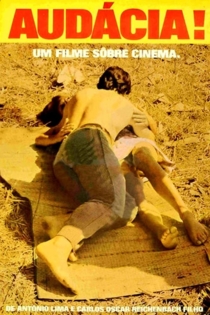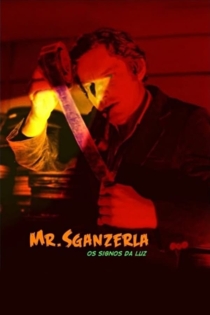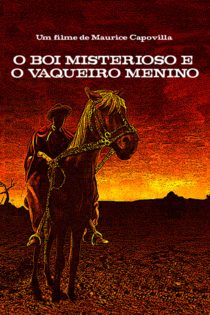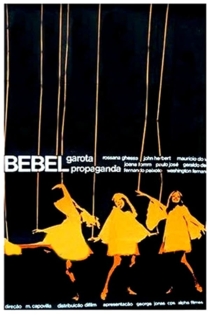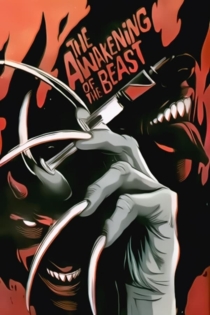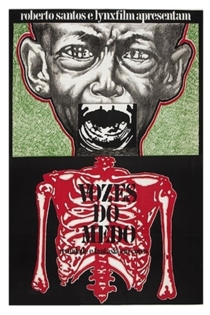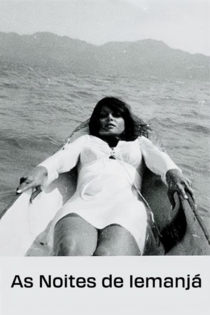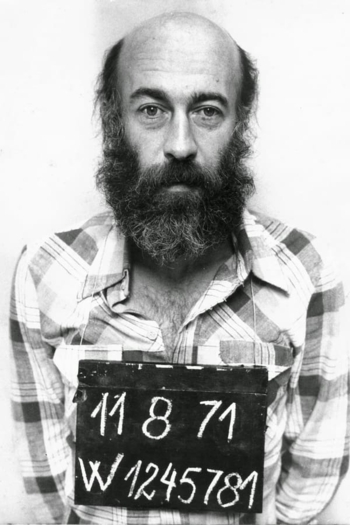
Maurice Capovila
1936 (90 лет)Brasil Verdade
Paulo Gil Soares, Geraldo Sarno
Pelé, Vicente Feola
In the late 1960s, Thomas Farkas imported equipment suitable for direct sound, and released a collection of documentaries called "Brasil Verdade" ("True Brazil"), after the Military Coup d'État took place in Brazil, which happened without any popular resistance or revolution or reaction of the society. The five short films are directly related to this fact and its consequences to the country.
True Brazil
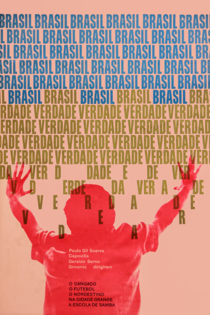
Candango: Memórias do Festival
Lino Meireles
Carlos Diegues, Milton Gonçalves
In 1965, a year after the military coup in Brazil, an oasis of freedom opened in the country's capital. The Brasília Film Festival: a landmark of cultural and political resistance. Its story is that of Brazilian cinema itself.
Candango: Memoirs from a Festival
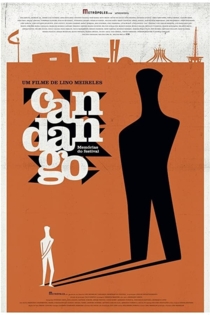
O Último Dia de Lampião
Maurice Capovila
Emmanuel Cavalcanti, Sérgio Chapelin
A docufiction film about the fall of Virgulino Ferreira da Silva, widely known as Lampião – the mythical bandit leader from the Brazilian northeast who fought the local power and put his name in history.
O Último Dia de Lampião
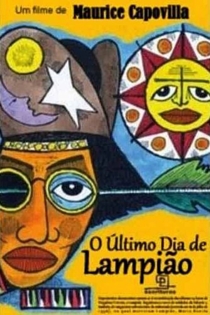
O Bom Cinema
Eugênio Puppo
Carlos Reichenbach, Rogério Sganzerla
An authentically marginal cinema created in Catholic university in Brazil. One of the most intriguing and imaginative moments in modern cinema in the voice of some of its select conspirators—with Carlos Reichenbach at the lead—, and through the most razing flow of images that can possibly be conceived.
The Good Cinema
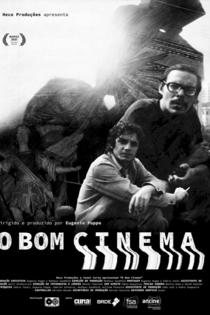
Crônica À Beira do Rio
Maurice Capovila
Jorge Dória, Joel Barcellos
Rio de Janeiro is a city of very well defined contrast between the seafront, narrow, where the rich live and very close, the hills with their slums, where life changes very quickly in the short space of time.
Crônica À Beira do Rio
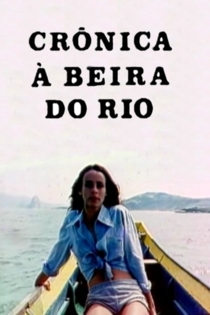
O Profeta da Fome
Maurice Capovila
José Mojica Marins, Maurício do Valle
The story of a fakir who works in a decadent circus. He and his colleagues do weirder numbers each day to attract audience, and warrant their survival. The numbers resemble a horror-show and they get marginalized. Through fable and allegory, reality turns stronger and stronger, and more absurd.
The Prophet of Hunger
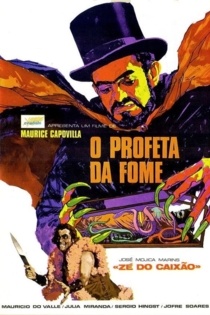
O Jogo da Vida
Maurice Capovila
Lima Duarte, Gianfrancesco Guarnieri
The dreams and problems of three friends: Malagueta, an inveterate gambler; Perus, former factory worker who abandoned the assembly line to earn his living at the billiards; and Bacanaço, trickster who puts on chic airs, always dreaming of performing the ultimate big swindle.
O Jogo da Vida
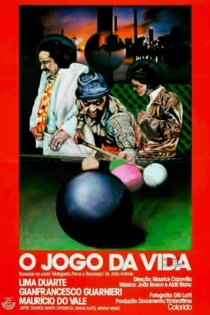
O Bandido da Luz Vermelha
Rogério Sganzerla
Paulo Villaça, Helena Ignez
Born and raised in the misery of Brazilian slums, Jorge becomes a luxury house burglar in São Paulo and gets nicknamed "The Red Light Bandit" by the sensationalist press. In addition to wearing a red flashlight, he talks to his hostages in an irreverent tone and makes bold breakthroughs to later spend the money extravagantly. His world is the decadent neighbourhood of Boca do Lixo.
The Red Light Bandit
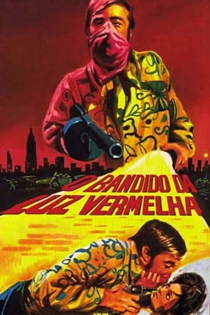
Subterrâneos do Futebol
Maurice Capovila
Antero de Oliveira, Pelé
The practices of football in Brazil and the issues surrounding the sport. Press, players as a commodity, the popular passion, the practice on the fields of várzea. The statements of Luiz Carlos de Freitas, a young promise of Palmeiras, and Feola's coach, as well as an interview with Pelé.
Subterrâneos do Futebol
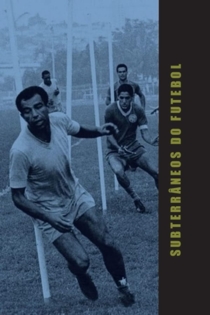
Audácia!
Antônio Lima, Carlos Reichenbach
Jorge Bodanzky, Letácio Camargo
Segment "Prólogo": interviews and scenes with some of the most important filmmakers of the "Boca do Lixo" of São Paulo. Segment "A Badaladíssima dos Trópicos x Os Picaretas do Sexo": shenanigans of a troubled fictional film production. Segment "Amor 69": Actress Maria Vargas is expected to appear nude in a scene, but ultimately refuses to do so.
Audácia!
